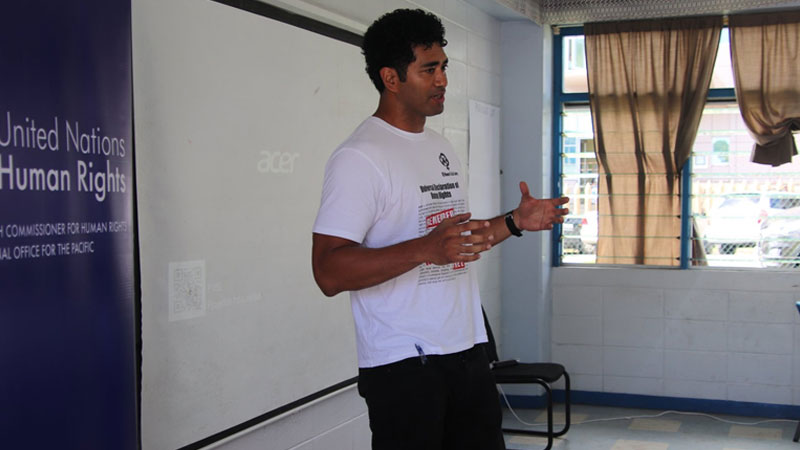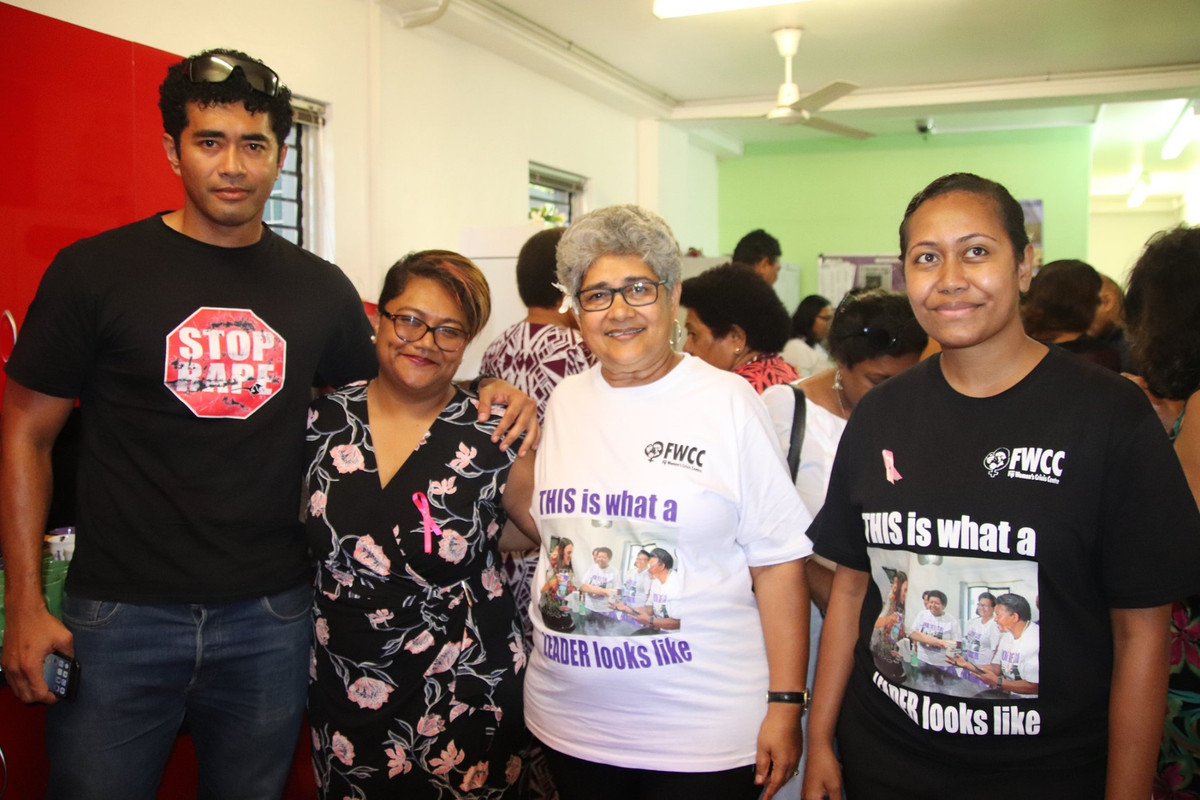
Fiji Women Crisis Centre’s Male Advocate Tevita Seruilumi says some religious groups are often misinterpreting marriage vows to keep women in violent relationships and failing to take action on reports of violence against women and girls.
While speaking to 36 police officers from the Southern Division Command Group undergoing a five-day training facilitated by the Centre in Suva, Seruilumi says more often religious groups fail to take action on cases of violence against women brought to its attention.
He says churches or religious groups often talk about forgiveness or reconciliation to women who have been survivors of violence without looking at their pain and suffering.
Seruilumi says religious organisations also often blame women for marriage breakdowns.
He says messages such as ‘till death do us part’ or blaming women for family breakdowns when they leave abusive relationships cause more harm to survivors.
The male advocate says churches should help women in a way that promotes their human rights and encourages women’s access to justice.
He told the participants that it is never the purpose of any religious group to see women suffer or die as a result of violence or inhumane treatment.
Seruilumi says religious bodies should act like Good Samaritans and not misinterpret the Bible. He says the Bible speaks of respecting authority, the lawful government, existing laws and policies. He further stresses that violence agains women and girls is a crime.
The male advocate also highlighted that a lot of religious groups were limiting the roles of women in their congregation.
Centre Coordinator Shamima Ali said while a lot of work is now being done in churches to create awareness on violence against women and girls, the progress is slow.

Ali says if you look at our religious institutions, the hierarchy is very patriarchal.
She says we have to question and dismantle patriarchy to end violence against women and girls.
Ali says a lot of leadership positions within our religious institutions are held by men.
The Coordinator says religious bodies are mixing religion and culture and discouraging women to participate at all levels. She says Fiji needs more people to preach in churches, temples and mosques and create awareness on violence against women and girls and be part of prevention plans.
As an example, Ali says the Anglican Church is way ahead and is using a human rights approach within the biblical teachings to education its congregation on response and prevention work in collaboration with FWCC.
She also highlighted to the participants that one of the barriers of police response to violence against women and girls were the entrenched religious and cultural beliefs.
Stay tuned for the latest news on our radio stations


